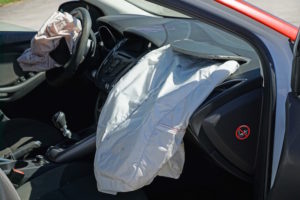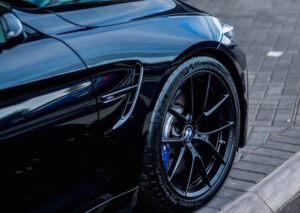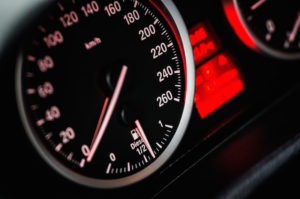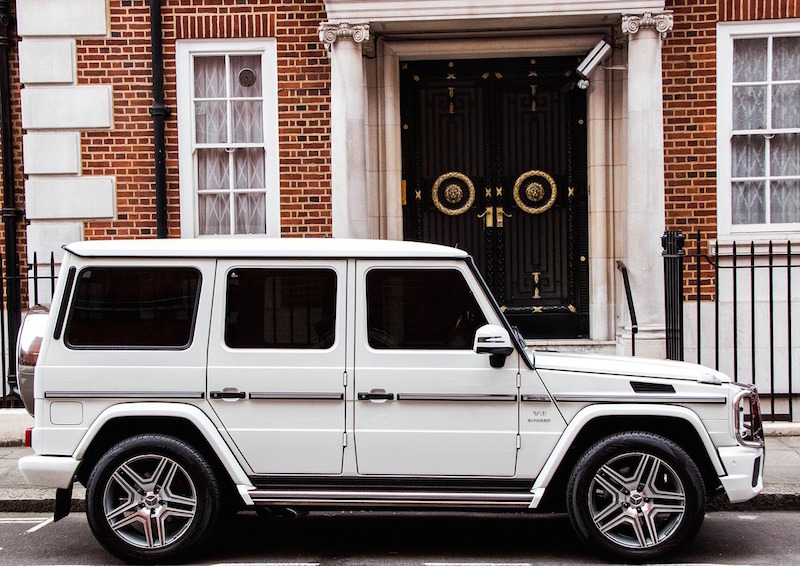If you lease your car or are buying it with a loan, you’ve probably been offered GAP insurance. But do you need it? We answer your questions on ‘what does GAP insurance cover?’ so that you can decide if it’s worth having.
First, what happens if your car is stolen or written off?
Smiles of joy seeing your dream car on your driveway can quickly turn to despair if there’s an accident or it is stolen. If your car is stolen or written off, your insurance company will normally only pay out the car’s Actual Cash Value (ACV). We all know that cars rapidly depreciate the moment you drive them off of the garage forecourt. So that can mean the amount your insurance company will pay is substantially less than the cost of buying the car or the amount left on the lease – and that will leave you with a shortfall to cover if you want to get a replacement car.
What is GAP insurance?
GAP insurance is a special product designed to cover this potential shortfall between the value of your car and the amount owing on the loan or lease. With it, you’ll have peace of mind that if there is an accident or the car is stolen, you won’t need to find any extra cash. That means you can start a new lease, or take out a new car loan.
 What does GAP insurance cover?
What does GAP insurance cover?
GAP insurance will pay out if your car is:
- Stolen and not recovered.
- Written off, for example in an accident.
It won’t cover you if there is a mechanical failure. For that, you should consider taking out warranty insurance.
Next, how much will I get?
GAP insurance pays out the difference between the amount your regular car insurance company will pay and the actual amount outstanding on your lease or loan.
For example:
- You bought your car for £30,000.
- You currently owe £25,000.
- There is an accident and the car is written off.
- Your car insurance company offer a settlement of £20,000 based on the car’s ACV.
- Your GAP insurance will pay out the extra £5,000 to cover the shortfall between the loan amount and the ACV.
Remember:
- GAP is an add-on product and you also need to have comprehensive car insurance.
- You’ll have to pay the excess (the amount you automatically pay when you make a claim) on both your car insurance and GAP insurance policies.
 How does my insurance company calculate the Actual Cash Value?
How does my insurance company calculate the Actual Cash Value?
Insurance companies calculate a vehicle’s Actual Cash Value (ACV) by considering the cost of the car when it was new minus depreciation for age, condition, mileage, and other factors.
Some cars depreciate more rapidly than others. For example, according to What Car the Fiat Doblo XL Combi will lose nearly 75% of its original value in three years/30,000 miles. By contrast, the Land Rover Range Rover Evoque is still worth 70% of its original £38k value after three years/30,000 miles, with a value of £27k.
Do I have to buy GAP insurance?
Not always. Some car loans and lease contracts may specify that you must take out GAP insurance, but not all do. If it’s not a condition of your loan or lease terms, you can decide whether you want it for peace of mind or not
Do I have to buy the GAP insurance offered by my garage or loan company?
No. Even if GAP insurance is a condition of your car loan, you don’t have to take the policy offered by your garage or loan company. Instead, you can shop around to find the best value deal.
What happens if I buy a brand new car?
If you’ve bought a brand new car, most insurance companies will agree to replace it with a brand new replacement vehicle if it is stolen or written off in the first 12 months. It’s worth double-checking the wording on your insurance policy to check if this is the case. If it is, you won’t need GAP insurance for the first 12 months. After that, you can decide if it’s something you want to have.
 Is all GAP Insurance the same?
Is all GAP Insurance the same?
There are different types of GAP insurance available. Check which is most suitable for your needs.
1) Return to invoice GAP insurance
This is a popular type of GAP insurance. It pays the difference between the amount you paid for the car and the amount your insurer will pay if your vehicle is declared a total loss.
2) Return to value GAP insurance
This is similar to Return to Invoice cover but will top-up funds to the amount the car was worth when you bought it, not the amount you paid for it. This is most suited to expensive second-hand cars.
3) Finance GAP insurance
Finance GAP insurance pays off any outstanding finance if your car is written off or stolen.
4) Vehicle replacement GAP insurance
With this insurance, you can buy a brand new replacement vehicle of the same model and specification. You should choose it if you’d want a brand new replacement car, not a second hand one.
5) Lease GAP insurance
This is specifically designed for you if you lease your car. In a total loss situation, it pays off the rest of the contract including early settlement fees. That means you’ll be free to start again with a new lease.
Finally, where can I buy GAP insurance?
You will probably be offered GAP insurance when you take out your car loan or lease, but you can often get a better price if you shop around. Contact as many insurance companies as you can, or use an independent insurance broker like Park Insurance to get quotes for you. You can then compare cover and costs to find the best deal for you.
Now you know the answer to ‘what does GAP insurance cover?’ you can decide if you need it for your peace of mind. Get in touch with our friendly team on 0117 955 6835 or fill in our online form for your free quote.

